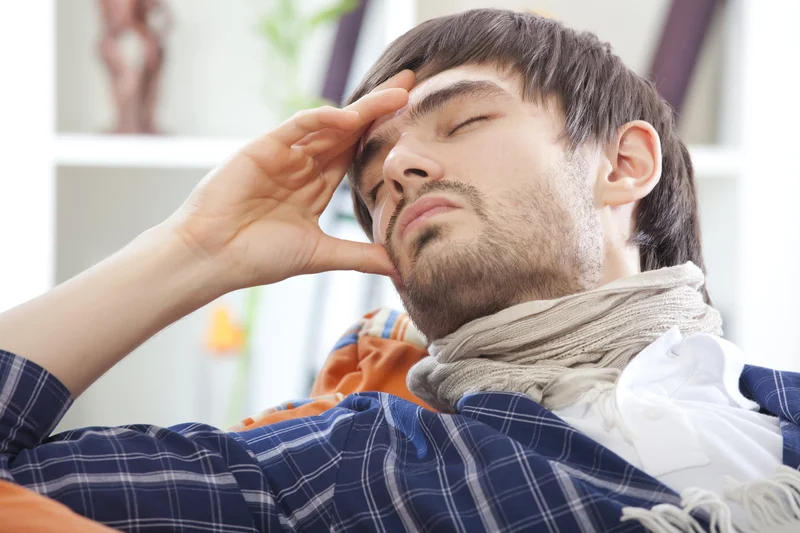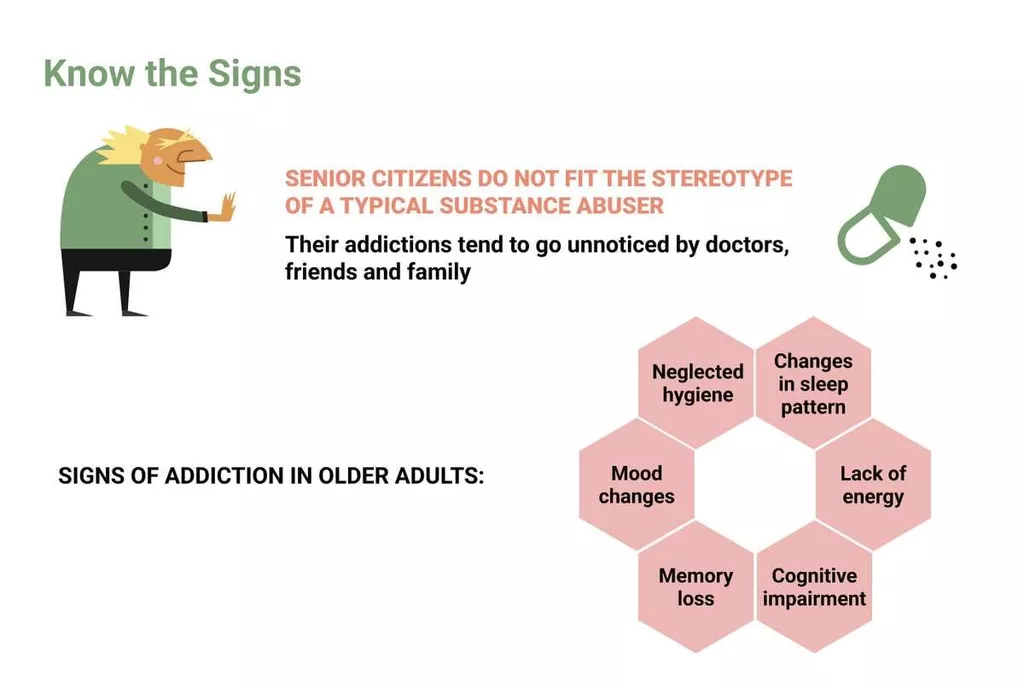Alcohol Addiction Treatment: Definition, Types, Alternative Treatments, Relapse Prevention

Building new friendships and support networks, such as attending support meetings, can help individuals avoid social relapse. It’s important to identify potential triggers and avoid people, places, or situations that could be risky. Internal triggers are emotions, feelings, thoughts, and memories that make a person want to use drugs or alcohol. External triggers, on the other relapse triggers list hand, are people, places, things, and situations that can trigger a craving for substances. Establishing a structured daily routine can significantly reduce the potential for encountering external triggers.

Physical and Mental Exhaustion
Following formal treatment, many patients benefit from entering some form of aftercare. This can range from attending 12-step meetings to living in a sober living facility after completing an inpatient or residential program. Get in touch with an admission therapist today to embark on your path to recovery immediately.
How to Identify Personal Triggers and Avoid Relapse
A simple test of whether a person is bending the rules is if they look for loopholes in recovery. A warning sign is when clients ask for professional help and consistently ignore the advice. Clinical experience has shown that common causes of relapse in this stage are poor self-care and not going to self-help groups.
Impact of Stress on Recovery
- Without the proper structure and routine, a person is more likely to start thinking about using again.
- When individuals do not change their lives, then all the factors that contributed to their addiction will eventually catch up with them.
- These feelings can make you vulnerable to the temptation of using substances as a coping mechanism.
- Building new friendships and support networks, such as attending support meetings, can help individuals avoid social relapse.
- Alternative treatments complement traditional methods by incorporating holistic approaches such as acupuncture, yoga, mindfulness, and nutrition therapy.
Some environmental triggers can be anticipated and avoided, such as returning to an old place of employment where you frequently abused drugs or alcohol. Other triggers may pop up unexpectedly—like hearing a song on the radio while driving down the road. That’s why it’s so important to enroll in an evidence-based treatment center in order to acquire the tools you need to respond to those sudden triggers in a healthy way.
Another useful side effect of our technology-steeped society is that distraction is easy to come by. Pull up a video on YouTube, play a mobile game or scroll social media until you can get away from the trigger. A relapse may consist of one single use followed by a realization of the mistake, while others may last any length of time.

How to Create a Relapse Prevention Plan in Outpatient Therapy

While relapse is not an indication of failure, it can be a setback in the journey to long-term sobriety. Incorporating HALT into daily routines fosters proactive coping strategies. For instance, maintaining a balanced diet can help mitigate hunger, while practicing relaxation techniques may keep anger in check. Establishing connections with supportive friends can address loneliness, and prioritizing alcoholism treatment rest may combat fatigue.
- SAMHSA’s National Helpline is a vital resource available 24/7 for those grappling with mental health and substance use disorders.
- It is important to note that the three types of relapse are often interconnected.
- Someone who has grown dependent on a substance may not feel “normal” without it.
- During rehab, you’ll also have access to relapse prevention worksheets, which may offer insights.
- While some people may suffer from a seemingly endless series of triggers, others get away with fewer triggers for cravings.
Explain to yourself that you recognize the trigger, you’re taking steps to remove yourself from the situation and you don’t allow the trigger to have any power over you. You might be worried that this distraction tactic might come across as rude if you’re out in public. There’s nothing rude about taking care of yourself and avoiding triggers that could lead to a relapse. Send them a text message or Facetime them until the urge to relapse passes.
This could happen when they mistakenly drink alcohol thinking they were being given a non-alcoholic beverage at a party. Individuals use drugs and alcohol to escape negative emotions; however, they also use as a reward and/or to enhance positive emotions 11. For example, individuals work hard to achieve a goal, and when it is achieved, they want to celebrate. But as part of their all-or-nothing thinking, while they were working, they felt they didn’t deserve a reward until the job was done. Since they did not allow themselves small rewards during https://ecosoberhouse.com/ the work, the only reward that will suffice at the end is a big reward, which in the past has meant using.
